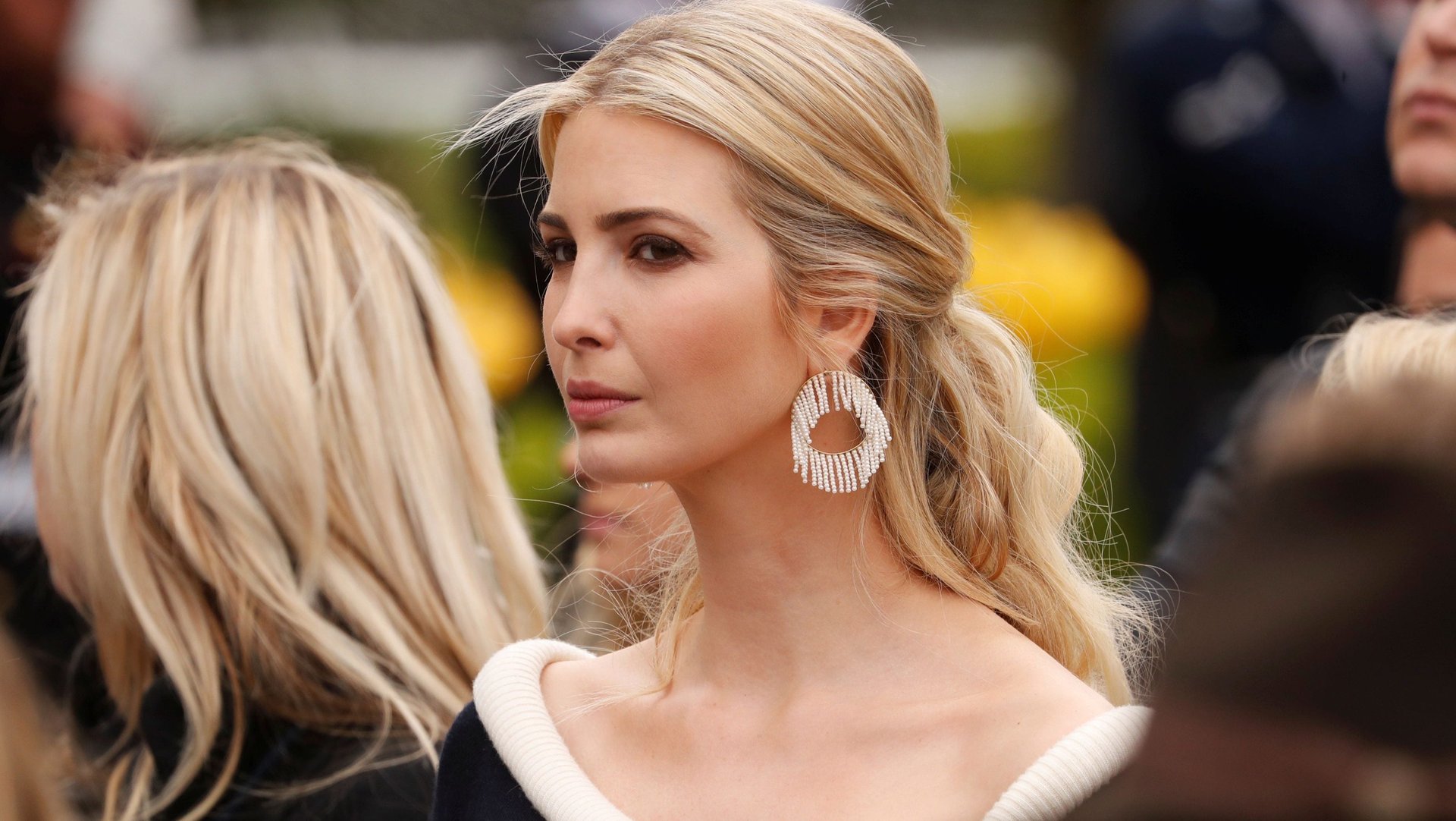No one in China knows the “Chinese proverb” Ivanka Trump tweeted for the US-North Korea summit
Ahead of the historic meeting between Donald Trump and Kim Jong Un, Ivanka Trump tweeted a quote she attributed to a supposed Chinese proverb—but people in China are struggling to figure out where it came from.


Ahead of the historic meeting between Donald Trump and Kim Jong Un, Ivanka Trump tweeted a quote she attributed to a supposed Chinese proverb—but people in China are struggling to figure out where it came from.
Many have been investigating the origin of the quote by translating each word directly and by translating the sentiment, but they’re having a hard time finding the one that makes sense. Here are some leading guesses (link in Chinese) shared on Weibo, China’s Twitter-like social media site:
- 说做不成的人, 不应打扰正在做的人: This is the direct translation of Ivanka’s tweet, but it’s not a Chinese proverb.
- 你行你上,不行别哔哔: This isn’t exactly a proverb but a saying that translates to: “If you can do it, go for it. If you can’t do it, then don’t criticize it.” (There’s also a Chinglish version popular on China’s internet [link in Chinese] with the same sentiment: ”You can you up, no can no bb.”)
- 己所不欲,勿施于人: ”Do not impose on others what you yourself do not desire,” a quote from Confucius.
- 成大事者,不与众谋: A saying from Zhan Guo Ce, also known as Strategies of the Warring States, that translates as: “Those who can make big changes don’t go with the usual way common people take.”
- 吃不到葡萄说葡萄酸: A Chinese saying adapted from Aesop’s fables, it translates as: “Don’t say it’s sour grapes only because you didn’t get to taste it.”
- 愚公移山: The saying means “the foolish old man removed mountains.” It’s originated from an ancient story where a man persisted in digging and removing a mountain he found inconvenient.
- 站着说话不腰疼: This roughly translates to ”easier said than done.”
- 好狗不挡道: The saying translates as “a good dog wouldn’t get in the way.”
The lack of clear origin has some thinking it’s possible Ivanka made up the so-called Chinese proverb. “I wrote a couple of American proverbs in the essay for Chinese language and literature in gaokao [college entrance exam],” one person said (link in Chinese) on Weibo, “the kind of proverbs that no American has ever heard of.”
In 2015, the blog Quote Investigator wrote that the quote Ivanka tweeted seemed to have evolved from a comment that appeared in a Chicago periodical in the 20th century about how society innovates and changes. A pseudo-Confucian version was fabricated in 1962—perhaps explaining why Ivanka believed it was a Chinese proverb.
Ziyi Tang contributed reporting.